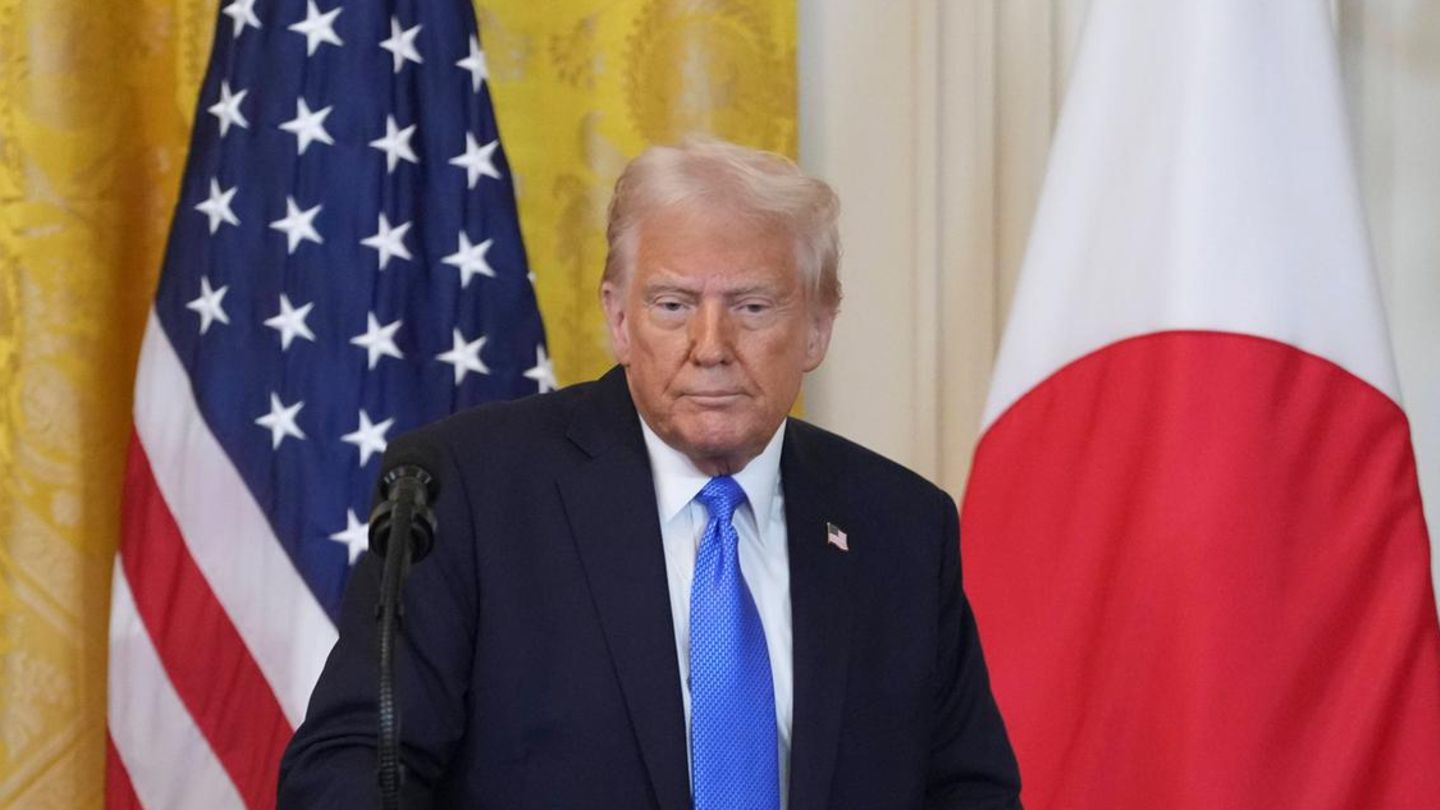There are 664 articles and nine titles with which President Javier Milei plans a radical change in the functioning of the State and the deregulation of the economy. In the 351-page document the guiding criterion for changes of economic impact is the free market.
To this end, the Executive proposes the creation of two organizations competent to guarantee its operation. In this context, Chapter III of Annex III – Competition Defense Law – proposes the creation of the Markets and Competition Agency as a decentralized and autonomous entity within the scope of the National Executive Branch. Its objective will be “to preserve and promote the correct functioning, transparency and the existence of effective competition for the benefit of the general economic interest with all markets and economic sectors.” It would maintain a secretary in charge for a period of five years, with the possibility of being re-elected only once.
Among the main functions that would be attributed to the Agency has to do with receiving complaints and proposing to the Competition Court the accusations that may correspond as a conclusion of the summary and requesting the imposition of sanctions. Also It is planned to challenge before the competent court any regulations that threaten competition in the markets. It would maintain dialogue with the PEN when the organization believes that a bill does not comply with the principles of free competition, or when the modification or repeal of a law is appropriate for the same reason. Finally, it may carry out market studies and issue “pro-competitive” recommendations, general or sectoral.
Competition Defense Court
Closely linked to this organization, the Competition Defense Court, an organization already endorsed in 1999 by Law 25,156, but revived under this administration. Its composition would be formed by five members, of which at least two must be lawyers and another two have a degree in economics, a master’s degree in economics or a doctor in economics. In turn, fifteen external members, residents or foreigners, would join. Among other points, the objectives of the organization, according to the bill, will be the imposition of sanctions established in the bill, as well as exempting or reducing them, resolving accusations coming from the Markets and Competition Agency, admitting or denying the evidence offered by the institution. In turn, at the exclusive request of the notifying company, it may resolve the appeal for review when an “economic concentration” operation has been conditioned or prohibited by the same Agency.
For Federico Machado, economist member of the Observatory of Policies for the National Economy (OPEN), the creation of these two institutions “seems, in principle, the constitution of two spaces tailored to names already defined” due to the requirements posed to occupy their holders, such as two university degrees or “unheard of conditions, such as moral solvency.” At a conceptual level, it aims at free competition through “the repeal of regulations that could represent an obstacle to competition.” In this sense, he highlights that the defense of competition “is a necessary function of the State, since theory and empirical evidence demonstrate that in its four centuries of expansion, capitalism tends toward economic concentration, not competition.” Under that logic, for Machado, It remains to be seen whether these institutions “will act against the currently existing oligopolies.” in the Argentine economy, such as the case of the collusive agreement between prepaid medicine companies”, which agreed to increases of 40% last week.
On the other hand, The bill proposes the repeal of other State applications, such as the mobility formula current and has an automatic formula for adjusting pension benefits “taking into account the criteria of equity and economic sustainability.” Meanwhile, The Government will make periodic increases “prioritarily serving the lowest-income beneficiaries.” According to the Ministry of Economy, retirements and pensions will suffer a cut of 0.4% of GDP. “If they seek to improve the assets of retirees, there is no need to eliminate or change the law: only with a decree an extraordinary increase is added. Everything indicates that they are going to seek to liquidate retirements, letting inflation do its job,” concludes Juan Balasini, pension specialist.
Source: Ambito




